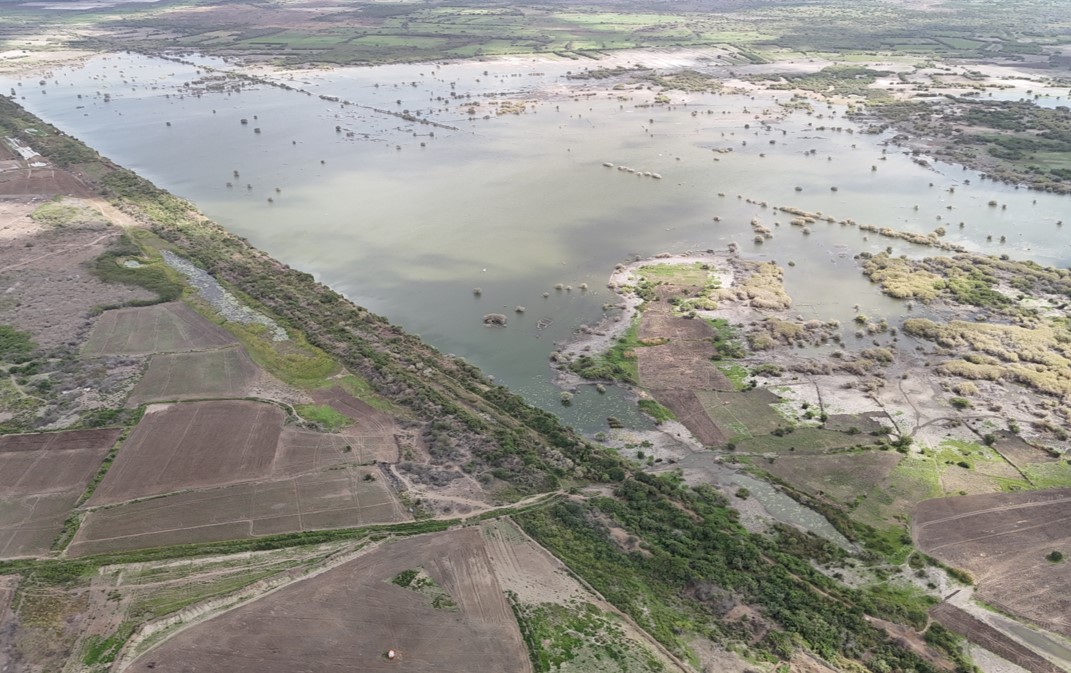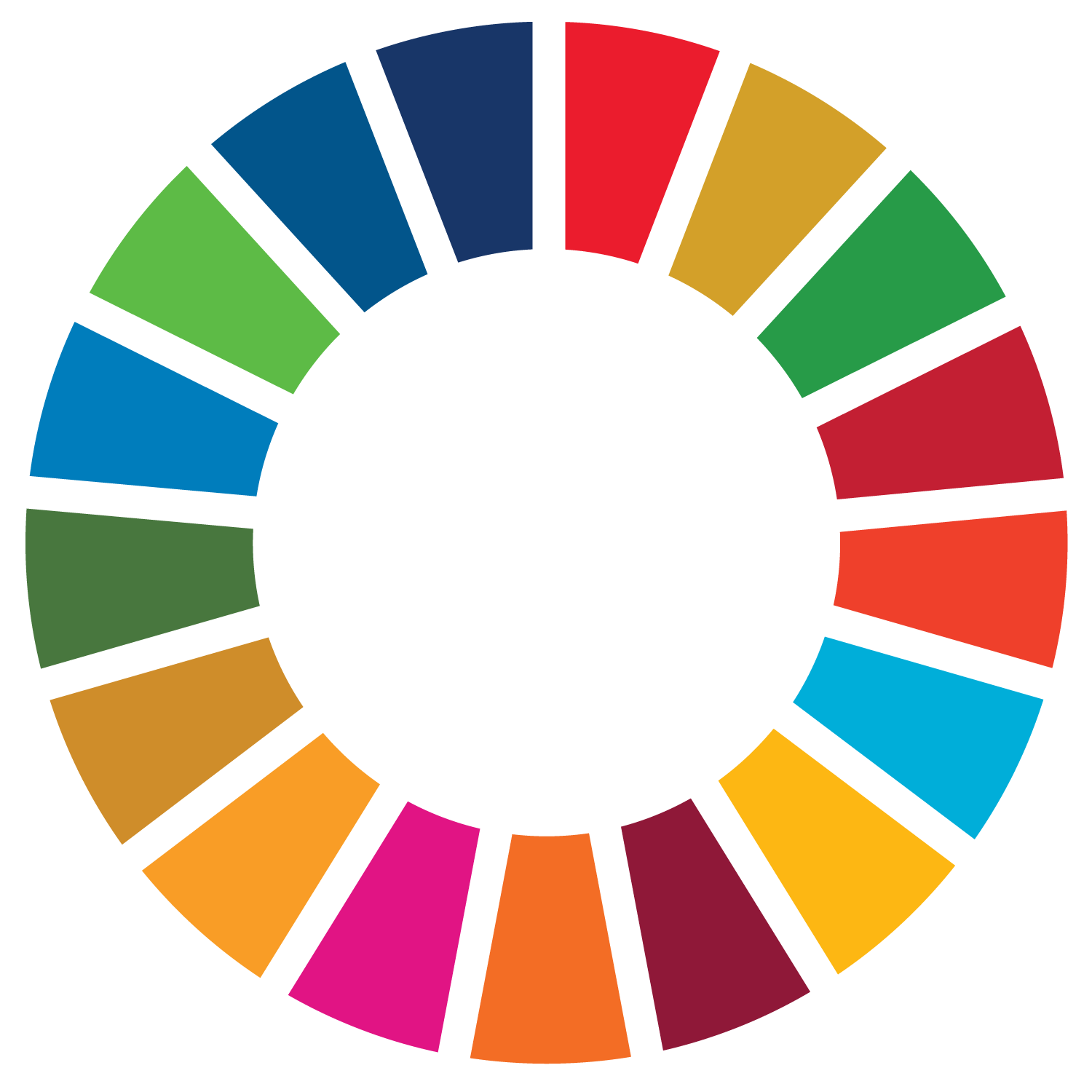Photo: © Unsplash
The Shabelle River is the lifeline of southcentral Somalia, supporting crops, livestock and domestic water for millions of people. Yet the majority of its flow comes from the Ethiopian highlands, where rainfall swings sharply from year to year, translating downstream into alternating floods and droughts that lock communities in cycles of vulnerability and poverty. Since civil unrest in the early 1990s, the once functioning Jowhar Offstream Storage Programme (JOSP) has fallen into disrepair, leaving floodwaters unmanaged and dry season flows uncertain.
“Restoring the Riverine Ecosystems for Climate Adaptation (RESTORE)” is a five-year initiative (2023–2028) that supports the Federal Republic of Somalia to use land and water resources sustainably and build the climate resilience of at-risk communities.

The project focuses on rehabilitating the JOSP and its wider riverine ecosystem within the Shabelle Basin, with a primary outcome of ensuring the basin’s water resources are managed sustainably.
UNEP-DHI is carrying out the water resources assessment activity of RESTORE for UNEP. The team is providing in-depth hydrological and water resources system analysis, using mathematical modelling to produce results in support of rehabilitation construction works, water resources management and planning, and flood and drought management.
Over the course of the project, a comprehensive framework is being developed that includes a water resources model, scenarios, indicators, and various analytics.
The framework will evaluate alternative operating rules for JOSP under current and projected climate and development scenarios and will guide JOSP operations and related decision making beyond the project.
Throughout implementation, the decisions support framework will be refined with ongoing work dedicated to defining the water resources baseline for RESTORE and developing a climate change analysis grounded in the Intergovernmental Panel on Climate Change (IPCC) Sixth Assessment Report (AR6), spanning best and worst-case projections. Once completed, the project will facilitate resilient water resource management and planning across the Shabelle Basin.
Role of UNEP-DHI
The UNEP-DHI Centre on Water and Environment is responsible for UNEP’s technical input to RESTORE, as it relates to water and climate related analysis, modelling, hydrological assessments, and scenario development, as well as the management, planning and operations within water resources and climate risks.
The project is funded by the UK Foreign, Commonwealth & Development Office (FCDO), the project is delivered by Food and Agriculture Organization of United Nations (FAO), the United Nations Environment Programme (UNEP), the International Organization for Migration (IOM) and World Vision International –Somalia (WVI-S). Implementation is jointly led by the Ministry of Energy and Water Resources (MoEWR) and the Ministry of Agriculture and Irrigation (MoAI) in collaboration with the Ministry of Planning, Investment and Economic Development (MoPIED Durable Solutions Secretariat) and Ministry of Environment and Climate Change (MoECC), as well as Hirshabelle State, South-West State and District Governments.
Share this post
UNEP DHI Partnership – Centre on Water and Environment
Agern Allé 5, 2970 Denmark
Tel: +45 45169200
